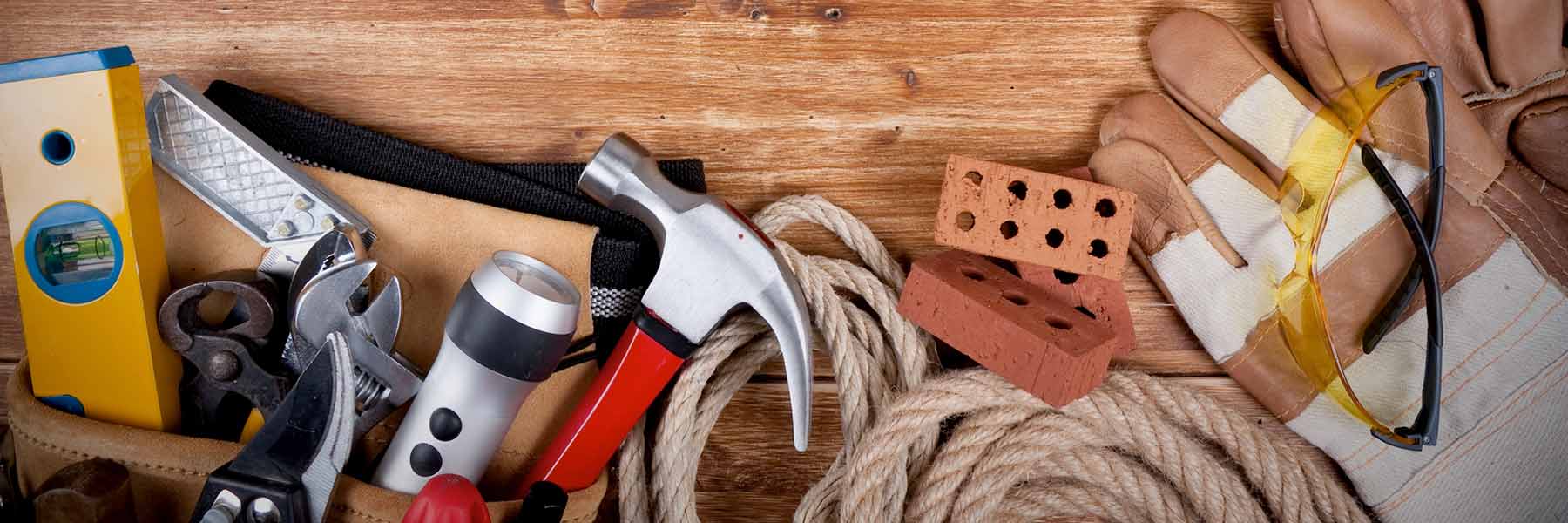Facility Operations carries out the Sustain IU mission to identify and promote sustainable solutions that reduce environmental impacts while supporting an equitable and prosperous IU. Everyone has a role in sustainability and can help to achieve university and campus-wide goals. From single stream recycling to conserving water and energy usage, we all play a part to make our campus and community a better place to live, learn, and recreate.
Recycling
IU Southeast has a single stream recycling program. Recycling bins are located in each building where all of these items can be thrown in the same container:
- Cardboard boxes (broken down)
- Magazines, newspapers, and inserts
- All white, colored, and coated papers
- Brochures and pamphlets
- Correspondence papers (letterhead, mail, and adverting)
- Envelopes (even with plastic windows or labels)
- Folders (manila, coated, or colored)
- Manuals with glued bindings
- Paper from legal pads, memo pads, note pads, scratch pads, and steno pads
- Posters
- Store receipts
- Self-adhesive notes
- Soft covered books
- Cereal boxes
- Frozen food boxes
- Plastic containers #1 thru #7 (Examples: food and beverage bottles and containers)
- Stretch film
- Aluminum beverage and food containers
- Steel beverage and food containers
*Single stream recycling does not accept glass containers, Styrofoam, or paper products that are food contaminated.
**Confidential papers should not be placed in single stream recycling containers. They are picked up by Facility Operations and destroyed per department request.
Energy Management
Facility Operations manages the consumption of electricity, natural gas, and water on both a short and long term basis in order to conserve the resources without compromising the quality of the work and school environment.
Energy Management Tips
- Thermostats should be set at 68 degrees in the winter and 75 degrees in the summer.
- Close drapes or blinds to reduce loss of heat or air conditioning.
- Use natural light whenever possible.
- Turn on energy consuming equipment only when needed.
- Purchase energy efficient equipment whenever possible.
- Reduce “Phantom Power”. Many electronics continue to use energy even when powered down. This is true of any charger, television, printer, etc. Unplug when not in use.
Energy Conservation Initiatives and Energy Savings Projects
The Facility Operations Office has initiated several energy conservation programs and projects in an effort to reduce utility costs across campus. Some of these include:
- Consistent temperature control throughout the campus.
- Replace and update older building HVAC systems. This includes new efficient equipment, converting to natural gas, and adding computerized energy management system controls to more precisely regulate building systems across campus.
- Update and replace window and door systems in buildings to improve building envelope.
- Replace exterior parking lot lights with more efficient lighting.
- Replace interior lighting with LED fixtures.
- Submetering for all buildings to measure usage and to understand utility needs and changes.
- Install of low flow restroom fixtures.
- Vending machine misers.
- Demand control for water heaters.
- Limit use of facilities during "off hours".
How can Faculty, Staff, and Students help the campus to reduce energy costs?
- Turn off all lights when leaving an office, classroom, or lodge room.
- Minimize the use of space heaters (these heaters use a significant amount of electricity and defeat the purpose of HVAC conservation efforts).
- Report any plumbing leaks or drips to conserve water.
- Minimize the plug load by reducing the number of electronics/appliances you may be running.
- Take the stairs as often as possible.
Landscaping and Grounds Initiatives
- Use of "No Mow" zones and bioswales.
- Planting and landscaping with native species.
- Use of low flow irrigation system.
- Implementation of a campus compost program.
- Tree care, planting and replacement program.
- Responsible storm water management practices.


